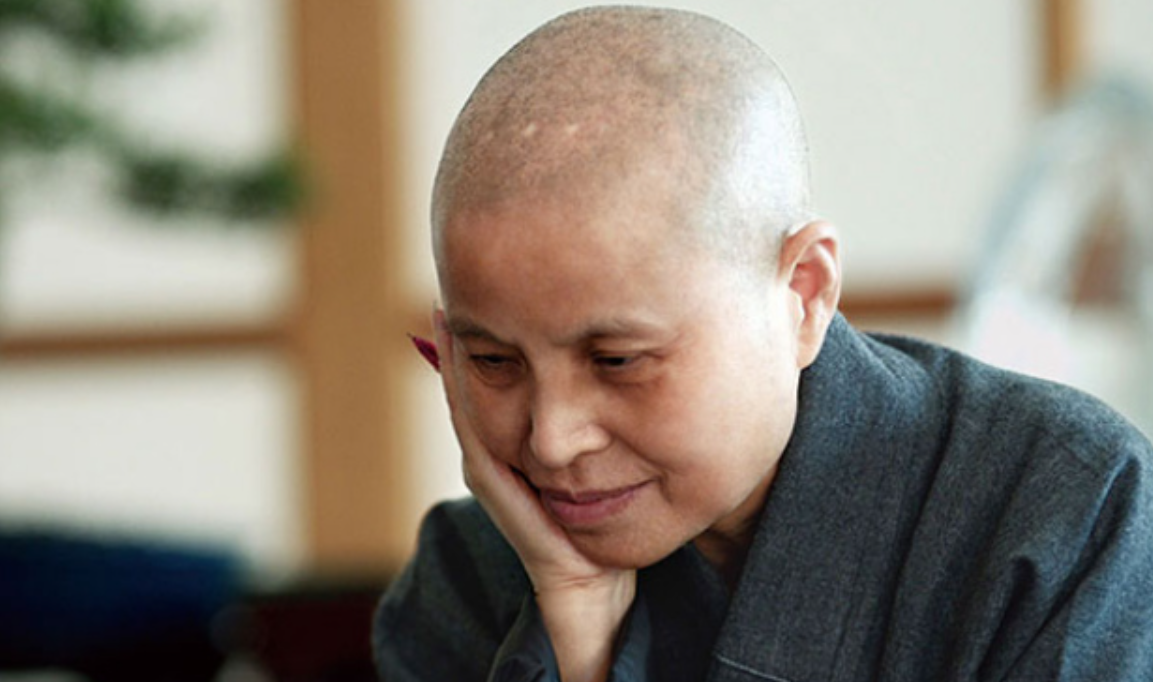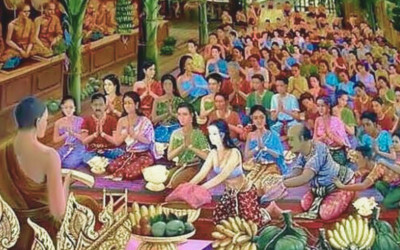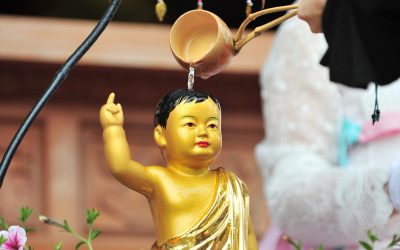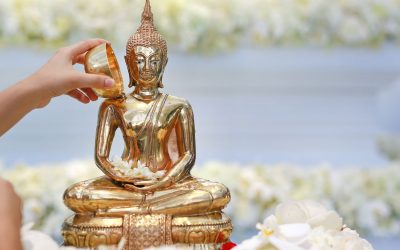Every year, on 8th March, many countries celebrate the contributions and achievements of women in the fields of economics, politics, and society. On Women’s Day, people from all walks of life promote respect and understanding of women. This day is an opportunity to recognize the achievements of women and their contributions to society. It is also a reminder to work towards gender equality and the empowerment of women. It is a day to celebrate the strength and resilience of women around the world.
There is a very close relationship between women and each of us, and every man is inseparable from women. Every man has a wife or a sister, and even if he doesn’t, he grows up in his mother’s lap, without which there’d be no life. Mothers are the source of life, so they’re the most important people in our lives. They are always there to give us unconditional love and support, no matter what. They teach us to never give up and to always keep striving for what we want. Mothers deserve to be respected, appreciated, and loved.
Women have a close relationship with Buddhism. I am here today to discuss the contributions and roles of Buddhist women.
Buddhist Lay Followers
Aside from male Buddhist disciples, there are also female Buddhist followers, known as Bhikkhuni, Samaneri, and Upasika, who play a very important role in Buddhism. Bhikkhuni and samaneri are ordained female monastics and are considered equal to their male counterparts in terms of their spiritual practice. They have the same rights and responsibilities as male monastics, including taking part in ceremonies, teaching, and leading other Buddhist disciples.
Layman is referred to as Upasaka, while the laywoman is referred to as Upasika in Pali. Upasaka and Upasika are lay practitioners who uphold the five precepts of Buddhism. Besides keeping the precepts and practicing the Dharma, laypeople are expected to show faith in and respect for the Three Jewels. This includes making offerings to the Sangha, respecting and honoring monks and nuns, listening to teachings, and engaging in activities that bring benefit to the Sangha.
Lay followers of Buddhism are expected to practice generosity, refrain from gossiping or engaging in negative speech, and maintain a harmonious relationship with family and friends. They should also strive to cultivate their inner qualities of wisdom and compassion, and live with an awareness of the interconnectedness of all life.
Buddhist lay followers are seen as the most important part of the Buddhist community, as they are responsible for continuing the Buddha’s teachings. As such, laypeople are highly respected in Buddhist societies. This is in line with the teachings of the Buddha, which emphasize the importance of gender equality.
How Does Buddhism View Women?
According to Buddhist tradition, Buddhist women are expected to be calm and easy-going, kind to their relatives at home and to their neighbors in the clan, and even to be a peacemaker for the world at large. These expectations are rooted in the Buddhist teachings of love, kindness, and compassion. It is seen as an expression of the Buddhist notion of selflessness, that one should think of others before themselves.
Buddhism views women as equal to men and both genders have the potential for enlightenment. In some Buddhist traditions, women are even seen as more important or powerful than men. Buddhism encourages women to take up leadership roles. It also encourages women to be respected and honored for their spiritual power.
In Buddhism, women are seen as important figures in the religion and their contributions are valued. Buddhist women have achieved success by benefitting others, cultivating virtue diligently, and even attaining enlightenment.
Women have played a central role throughout the history of Buddhism, proving that they are an essential part of the religion. Many female figures in Buddhism are seen as symbols of strength and courage. They demonstrate that women are capable of dedicating their lives to spiritual pursuits and making a lasting impact on the world. Their stories inspire people today to strive for a life of enlightenment.
Here are some of the most important contributions that women have made to Buddhism!
Buddhism Flourished due to the Contributions of Women
Buddhist women increase wisdom and blessings through their service and dedication, and contribute to the active and prosperous development of Buddhism. Their commitment to service, wisdom, and dedication has been paramount in the preservation and spread of Buddhism over the past two thousand years. They have been essential in the spread of the teachings of the Buddha.
Buddhist women have served as students, teachers, and patrons of the faith, ensuring its survival and growth throughout the ages. They have also been important figures in the development of Buddhism, playing a crucial role in the formation of new institutions. Their dedication to the preservation and propagation of the Buddhist faith has been an invaluable gift to humanity.
“Without women’s generosity, Buddhism in the world would not be as prosperous as it is today.”
Buddhist women have been integral in the preservation of Buddhist teachings and traditions. They have been generous in their donations and are often the ones who keep the monasteries running. Women have been instrumental in the spread of Buddhism around the world. They have been tireless in their efforts, and their contributions have truly been invaluable in the success of Buddhism.
Buddhist women have been an invaluable part of the Buddhist tradition since its inception. They have provided essential services to the Buddhist monastic community, such as providing food and hospitality to visiting monks. Buddhist women behind the scenes have made it possible for us to practice and study the Dharma in our monasteries. They have taken care of the everyday tasks, such as cooking, cleaning and taking care of the monastery grounds. Through their dedication and hard work, these women have made it possible for us to focus on our practice and study of the Dharma. They help us create an environment of peace and harmony.
Buddhist Women’s Leadership Roles in Humanitarian Efforts
Buddhist women often prioritize the needs of others before their own, showing a selflessness that is admirable. They are often the ones who bring comfort and healing to those in need. This compassion is an integral part of the feminine nature.
“Not only are women beautiful, but they also have a compassionate nature.”
Buddhist women are also becoming increasingly visible in Buddhist leadership roles. They continue to show a remarkable capacity for self-transformation and creating positive change in the world. By embracing the teachings of Buddhism, they have become an invaluable asset to their communities and beyond. They are also inspiring role models for many people and serve as a source of inspiration and guidance.
Buddhist women are often the driving force behind many initiatives and projects that promote the values of Buddhism. They have found Buddhism to be a powerful tool for understanding their own lives, and for helping to find a path of peace.

and Director of the Sathira Dhammasthan Center
Many leading Buddhist women are often generous when they witness unfortunate events in society, and they contribute money to help save the community, adding warmth to the world and providing welfare to the needy. For example, when an earthquake or flood occurs in a certain area, they often donate money or other resources to help people affected by the disaster.

Buddhist women have been receiving recognition for their charitable work in society for the past few years, which indicates that they are becoming increasingly prominent in the welfare system. This has been accomplished through the efforts of organizations such as Tzu Chi International, Sakyadhita International, Woodenfish Foundation and Sathira-Dhammasthan, which promote the education and welfare of people around the world. This has enabled women to have a greater say in the religious and social aspects of their lives. This shift in the power balance is a positive step towards achieving gender equality in society.
Buddhist Women Promote Social Justice
Buddhist women are also active in promoting social justice and environmental awareness. They are committed to creating a better world by actively engaging in positive change and actively advocating for the rights of others. They are also increasingly influential in the Buddhist community, and have been at the forefront of many positive changes.
“Buddhist women are empowering themselves by developing their own spiritual practices and by leading discussions and projects that promote Buddhist values.”
Due to the enthusiasm of women, more people are becoming closer to the Dharma. They are also actively engaging in dialogues with other Buddhists, both men and women, about the importance of equality and the need for more inclusive and equitable Buddhist communities.
Accordingly, the Buddhist tradition values women, and Buddhist women have played a significant role in contributing to its prosperity. In particular, the teachings of the Buddha provide a model for gender equality and respect for all women. Among Buddhist women, there are many who have achieved success in practice, benefited others, cultivated meritorious deeds, and even achieved enlightenment. These women have served as role models for other female practitioners, inspiring them to seek a path to enlightenment.
I am Ashin Sumanacara , a writer, spiritual counselor, and mindfulness coach. Hope you find my thoughts and ideas helpful. Let me know if you would like me to write about a specific topic. It would be great to hear from you via private message or comment.





0 Comments